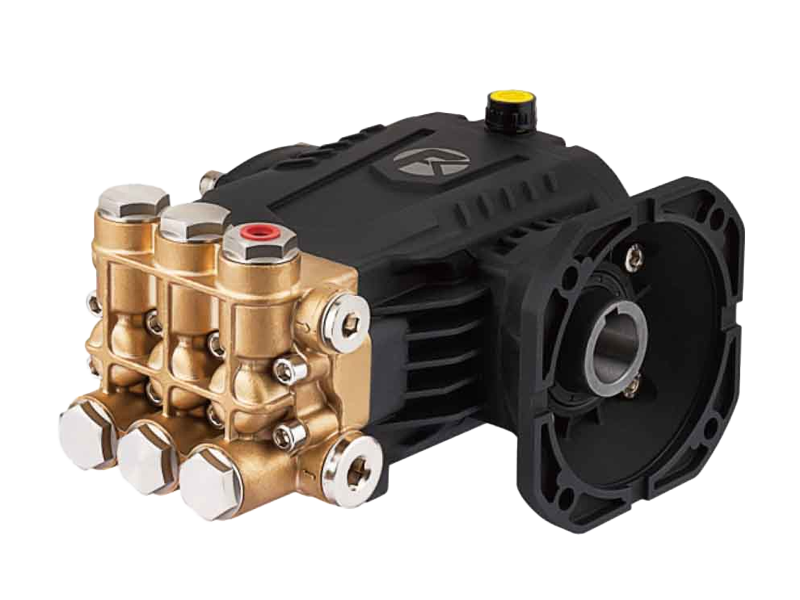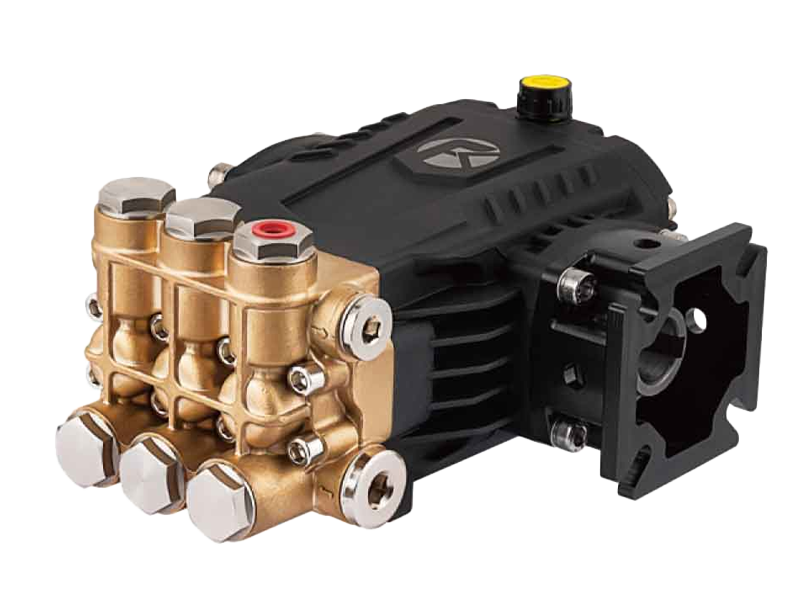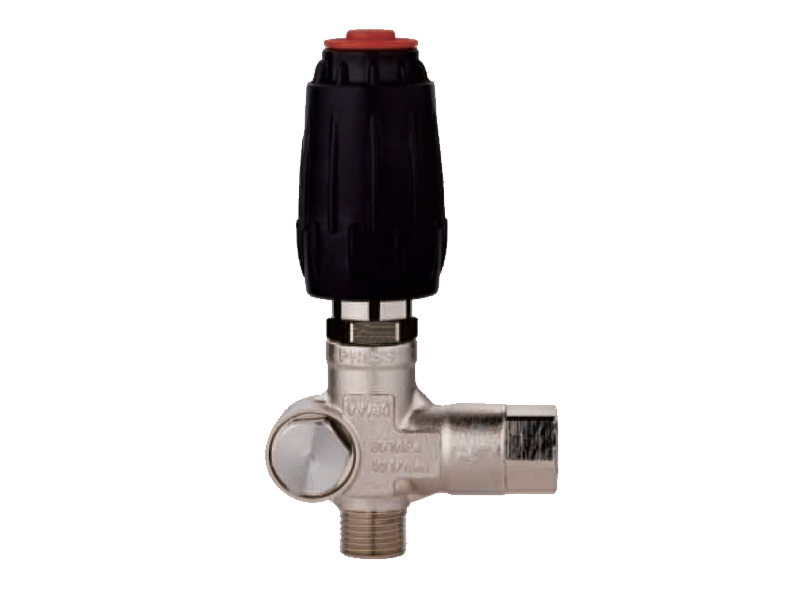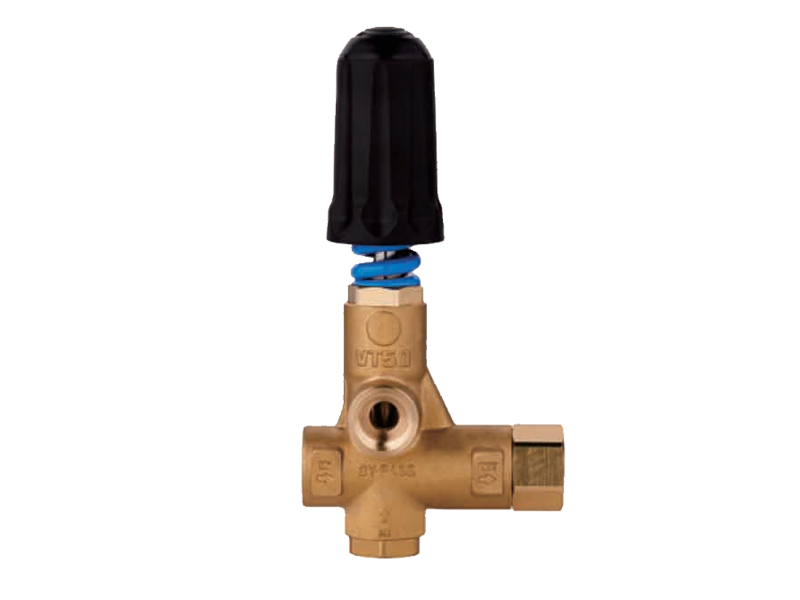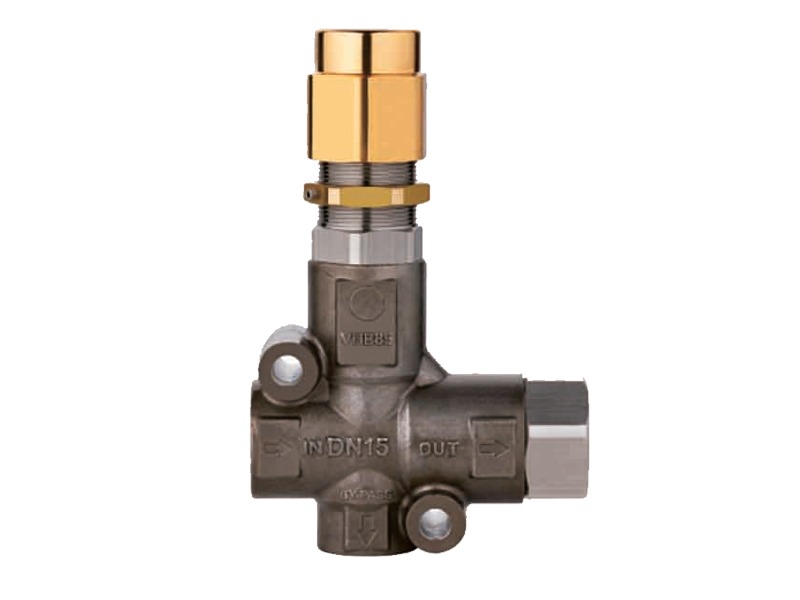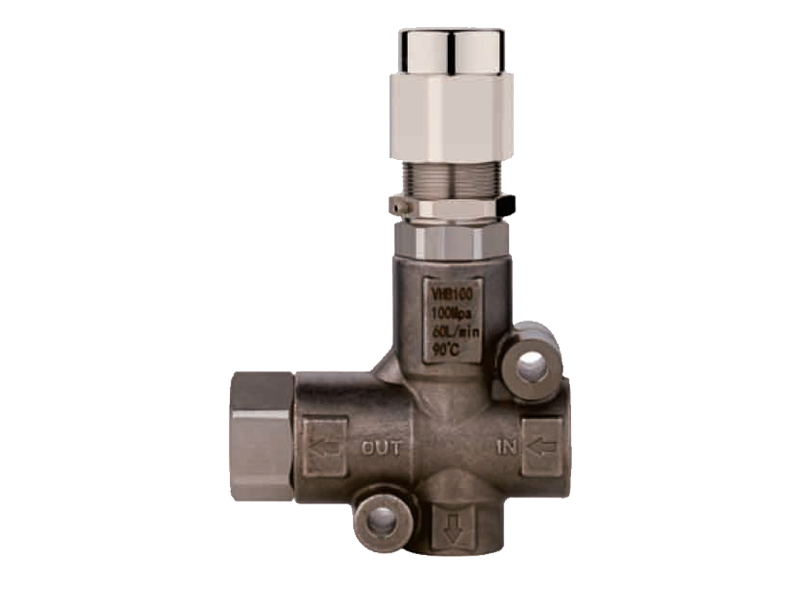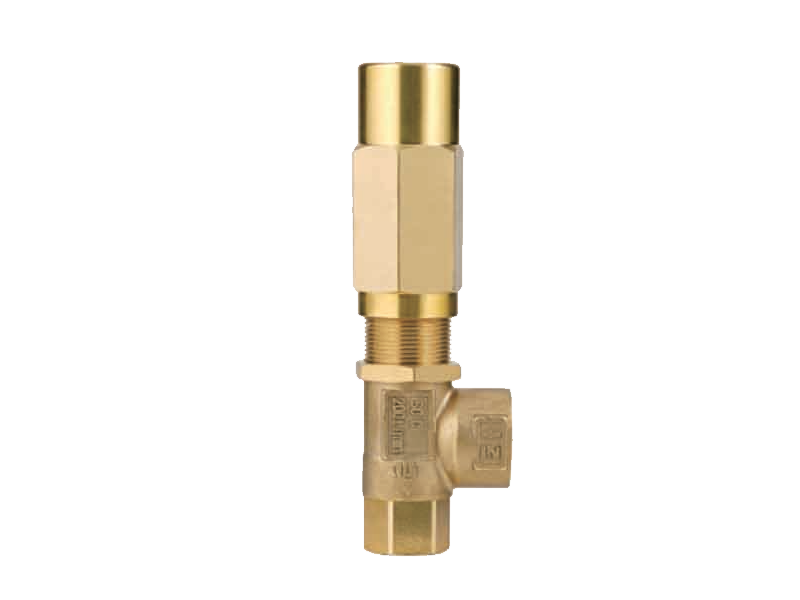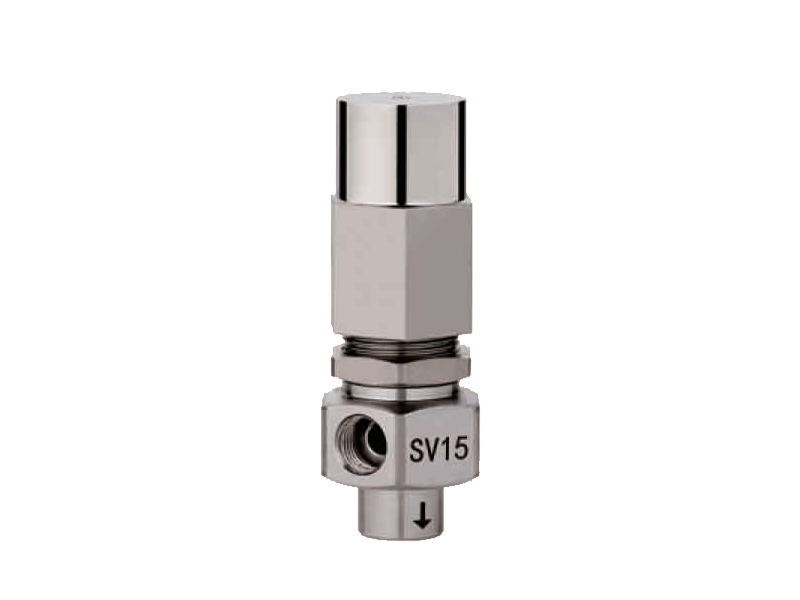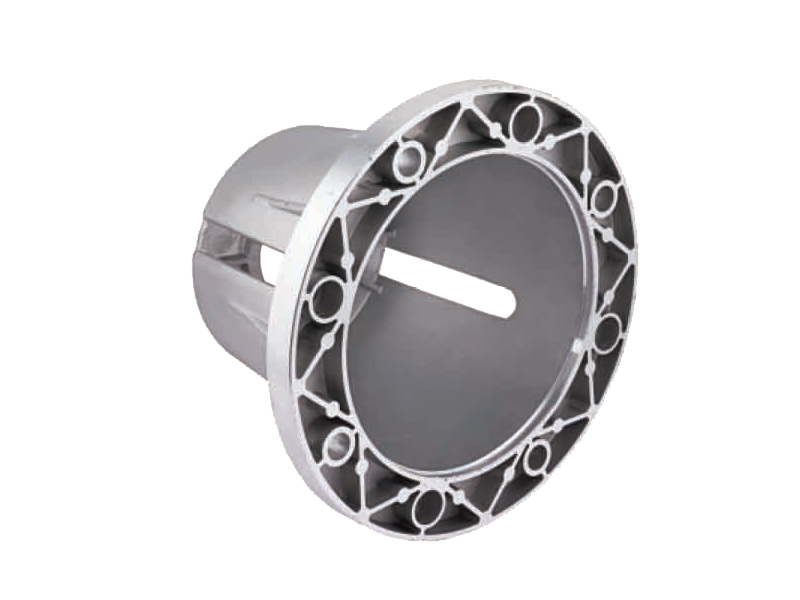How Do Industrial Pump Motors Impact the Efficiency of Heavy Machinery?
Industrial pump motors play a crucial role in driving the operation of large industrial pumps, which are essential for various applications, from water treatment to oil and gas production. Understanding how these motors impact the efficiency of heavy machinery can help industries optimize their operations and reduce costs.
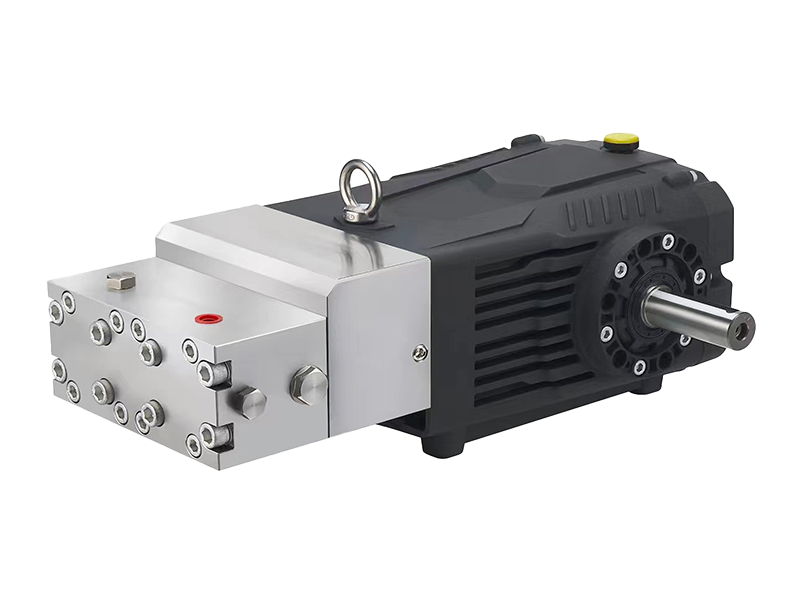
The Role of Industrial Pump Motors
At the heart of nearly every industrial pump lies an electric motor, silently converting electrical energy into mechanical energy. This transformation is essential for the pump to function efficiently. Modern industrial pump motors are designed to be highly efficient, with some models achieving efficiencies of over 90%. This high level of efficiency means less energy is wasted in the form of heat and noise, resulting in lower operating costs and environmental impact.
Efficiency Improvements through Motor Technology
One of the key ways industrial pump motors enhance efficiency is through the use of variable speed drives (VSDs). These drives allow motors to operate only at the required speed, further enhancing energy efficiency. For example, in a water treatment plant, using high-efficiency electric motors with VSDs can significantly reduce energy costs by adjusting the motor speed according to demand. This not only saves energy but also reduces wear and tear on the pump components, extending their lifespan.
Versatility and Adaptability
Electric motors used in industrial pumps are incredibly versatile. They can be designed to cater to a wide range of power requirements, operational speeds, and environmental conditions. This versatility allows them to power all types of pumps, from small, low-power pumps used in delicate biomedical applications to high-power pumps utilized in heavy-duty industrial operations. This adaptability ensures that industrial pump motors can be tailored to meet the specific needs of various industries.
Reliability and Maintenance
Industrial processes depend heavily on the reliable operation of pumps. Electric motors are known for their durability and reliability, requiring relatively low maintenance. This reliability translates directly to the pumps they power, ensuring consistent and uninterrupted operations. However, selecting the right motor for the specific application is crucial. A motor that is not well-suited to the pump it is powering may cause sub-good performance, excessive energy consumption, frequent breakdowns, or even premature failure.
The Impact of Motor Efficiency on Operational Costs
The efficiency of industrial pump motors has a direct impact on operational costs. High-efficiency motors, while potentially more expensive upfront, can cause significant savings over time through reduced energy consumption. For example, replacing an old standard efficiency motor with a new high-efficiency motor can result in lower energy bills and reduced greenhouse gas emissions. Additionally, high-efficiency motors often operate with less slip, yielding slightly higher speed and flow, which can further enhance pump performance.
Conclusion
The efficiency and reliability of heavy machinery, particularly large industrial pumps, are significantly influenced by the performance of their motors. High-efficiency electric motors, coupled with advanced control systems like VSDs, can cause substantial energy savings and improved operational efficiency. As industries continue to prioritize sustainability and cost reduction, investing in high-efficiency industrial pump motors becomes not just a smart choice but a necessity. By understanding the impact of these motors on heavy machinery, industries can make informed decisions that cause more efficient, reliable, and sustainable operations.


 English
English Español
Español русский
русский